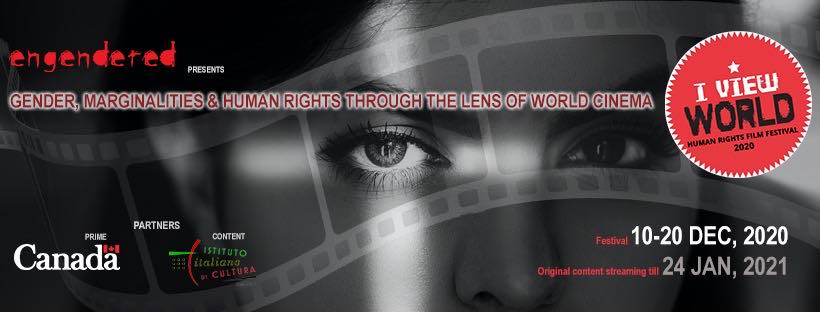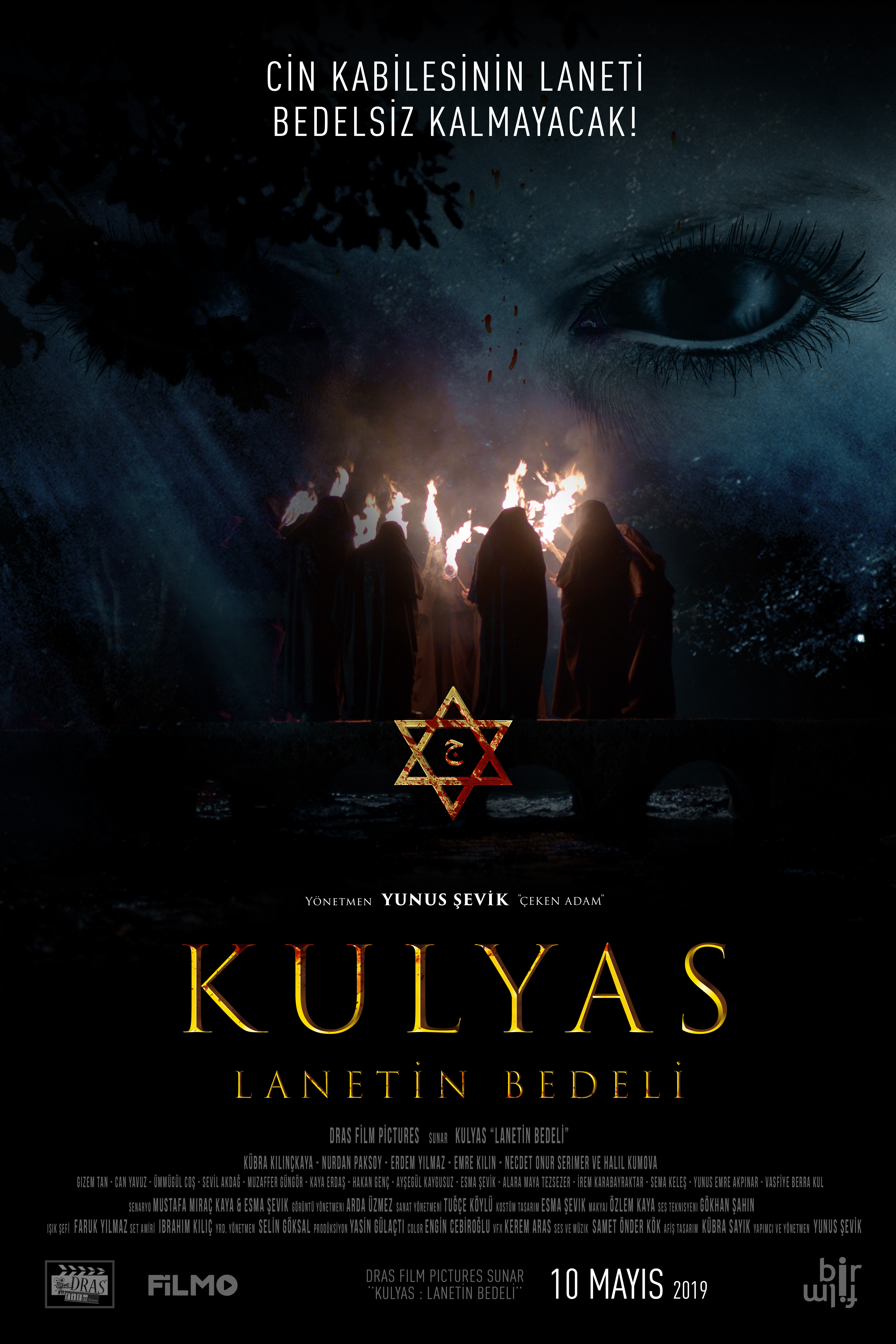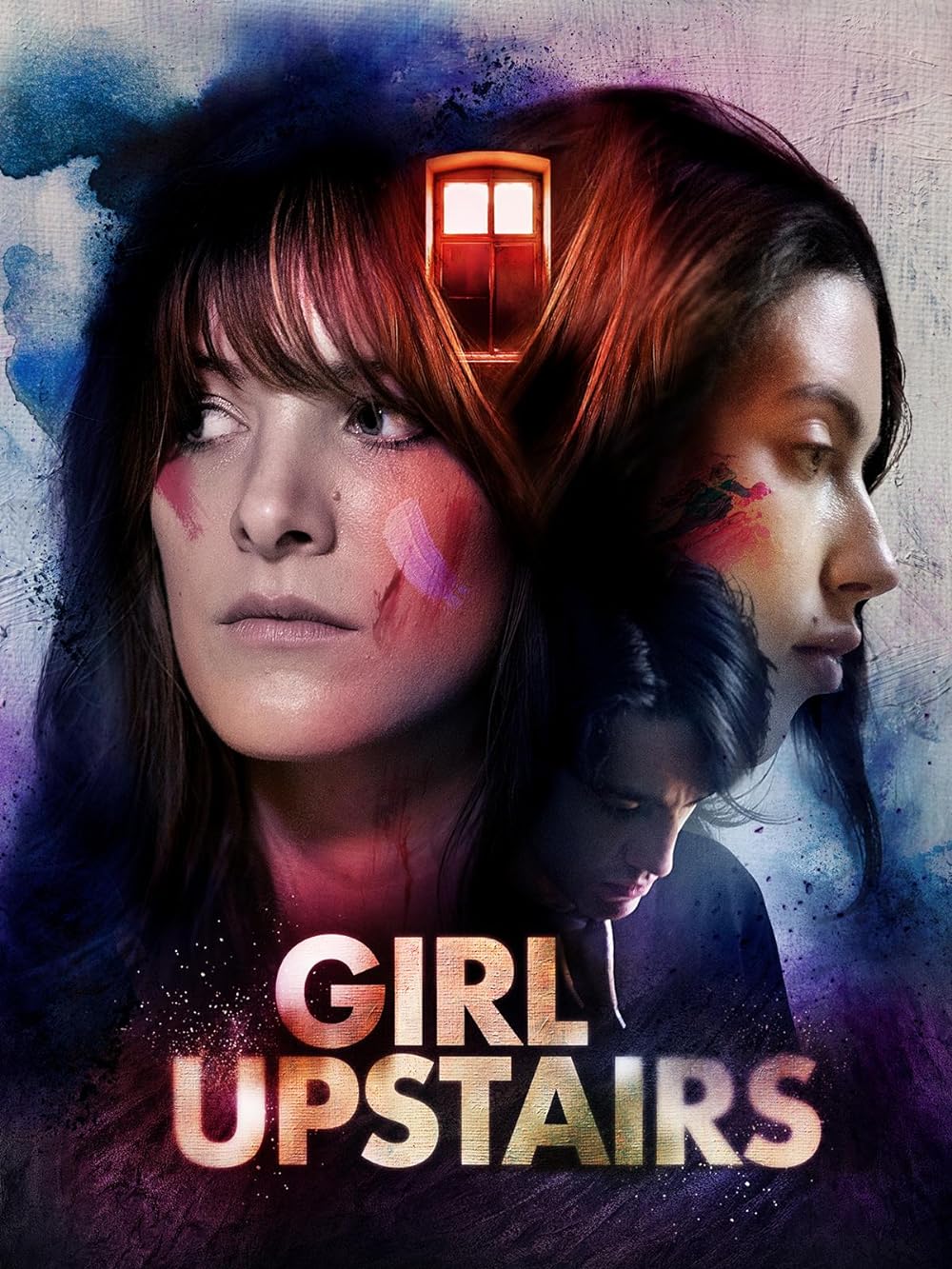
IVWFF 2020 Film Review “Funny Boy”
WATCH THE TRAILER HERE
First, the Recap:
The conflict for validation and acceptance. In any of the forms they might manifest, these concepts remain innate pieces of our existence. Taking place both inwardly and outwardly, the striving to find purpose and substantiation when it comes to the choices we make inevitably propels us into the crosshairs of both those who truly see what we choose and support us or those whose ideas are centered in unforgiving judgment. It then becomes apparent that we will either stand strong or fold under pressure.
As a young boy, Arjie (Arush Nand) encounters a hard road to travel as he navigates his sexual identity amidst the building ethnic divide and unrest between the Tamil and Sinhalese of Sri Lanka. Facing the tough scrutiny of his parents Nalini and Chelva (Nimmi Harasgama and Ali Kazmi) but also the understanding of his young aunt Radha (Agam Darshi), an eventually teenage Arjie (Brandon Ingram) must then face new yet forbidden love with classmate Shehan (Rehan Mudannayake) while the country, on top of his decision to be who he is, threatens to tear them all apart.
Next, my Mind:
There’s no denying, or lack of accuracy in stating, that writer/director Deepa Mehta is any stranger to offering brutally candid, no-holds-barred perspectives on what can be equally harsh, challenging, and REAL social issues (as in 2016’s “Anatomy of Violence“), exploring them with a frank eye that purposefully drives home calculated messages, leaving quite an indelible mark on the viewer. While this newest 109-minute feature may seem tame on many levels comparatively to her 2016 effort mentioned above, make no mistake there remains the same underlying, fiery, wholly believable, based-on-real-events intentionality showcased here, delivering a no less potent, awareness-raising, raw, blunt, multi-themed statement in its own right about the plights of the LGBTQ community, ramifications of ethnic hatred, strict tradition vs. modernity, the need for cultural unity, and just how desperate in need this world is for love to take hold in a much more deliberate, all-encompassing way.
As the official opening night film associated with the the 2020 I View World Film Festival sponsored by the embassies of India, Canada, Sweden, Netherlands, Italy, Argentina, British Council, and The EU, curated by Engendered Delhi, and in partnership with NYCSAFF. and based on the novel by Shyam Selvadurai, the narrative finds us following the foundational premise of a young boy’s journey to sexual identity in 1974 Colombo, Sri Lanka, taking us through already formidable and often awkward moments he encounters while trying to acknowledge and embrace his uniqueness, through to his teenage years where the further expression of his chosen life path then runs afoul of the 1983 Tamil-Sinhalese uprisings. Soon, it becomes an exposé in both personal and political strife, seeking to confirm who he is on both fronts, even as the circumstances he takes on are pulling him in the exact opposite directions from what his overall heritage dictates.
Add to this the constant battles he endures through the years via the attitudes and misplaced non-understanding he confronts through his own family and their customs, yet also finding and promoting at least one advocate in his childhood years who also defies custom in her own right, which Arjie naturally gravitates to, and initially feels lost without. Furthermore, the film also addresses the impact of the Tamil-Sinhalese war forcing the family and a million other Tamil people into refugee status, having to flee the country for less hostile grounds, which in itself places another sobering reality into the viewer’s sphere to maximize the story’s multi-faceted thematic dissections and their unwavering resolve. The film is so stirringly poignant while at the same time being dramatically and dynamically provocative, creating one engaging experience without question, a study in the human condition that cannot be dismissed, given the actuality it represents from its historical setting to how necessary and deeply relevent it is to today’s world.
Harasgama and Kazmi shine with beautifully executed poise and effective flare as Arjie’s parents Nalini and Chelva, two totally traditionalist individuals who only wish to see themselves and their children be as rich in their cultural traditions and expectations as possible. Once Arjie flies in the face of this from an early age, the disquiet it causes between Nalini and Chelva slowly boils over, only brought to further levels by their also-present differences in how to view the Tamil-Sinhalese troubles. It offers a very tension-filled undercurrent to already unsettled events, and both actors play this with excellent, realistic earnestness. Darshi likewise burns brightly with wonderful charm and defiant strength through her role as Radha, Arjie’s young aunt whom he so deeply adores as she fully accepts and even encourages him to just be who he is, that it isn’t wrong, and to stand firmly in his identity, even as she herself is causing waves in the family when it comes to the future she wants vs. their ideas for her. It’s a pivotal element to Arjie’s ongoing quest for the person he longs to be, and Radha’s place in his story as well as her own is wonderfully performed throughout by Darshi.
Then there are the two incarnations of Arjie himself we see, via Nand and Ingram, and both are so magnificently portrayed. Nand continues to show why I am constantly amazed by child actors, as his performance is full of true, heartfelt, believable passion and youthful fire as Arjie, a boy realizing early who he wishes to be yet finds almost no acceptance or understanding of why what he’s doing is “bad” (hence his character’s confusion in being called a “funny boy”). Watching him try and ascertain this then carries us through to his teenage years, now played with understated, delightful, but sometimes heartbreaking resonance by Ingram, where he’s made his choice and further dives into it via a budding relationship with a fellow student that fulfills him in so many ways, yet then draws the ongoing disapproval of so many. With the brewing ethnic war on top of all this, seeing how Arjie chooses to deal with the pressures he does is highly affecting, and both actors ultimately triumph in illustrating Arjie’s journey.
A host of supporting players are present via Ruvin De Silva as Anil, a young man smitten with an already-committed Radha, Rehan Mudannayake as Shehan, the student a teenage Arjie becomes enamored with, Shivantha Wijesinha as Jegan, a childhood friend of Chelva’s whose a part of a sometimes militant Tamil faction, Avlok Wignaraja and Hidaayath Hazeer as the younger/older versions of Arjie’e brother Diggy, Araina Nand and Vehara Abeygunawardane as the younger/older versions of Arjie’s sister Sonali, Thenaya Senarie Geeganage and Maithili Venkataraman as the younger/older versions of Arjie’s cousin Tanuja, as well as Seema Biswas, Tracy Holsinger, Arjun Wignaraja, Dinusha Nihara, Kanishka Ranabahu, Shimalka Perera, Pathmakumarie Kukapalan, Melanie Samsudeen, and Rithmaka Karunadhara. In total, “Funny Boy” is a perfectly crafted character drama that highlights not just history and sexual identity, but the myriad of cultural and societal differences that need to find a place of harmony in order that we would no longer need to see hate tear away at the fabric of our mutually shared humanity and much needed peace of mind and soul.
As always, this is all for your consideration and comment. Until next time, thank you for reading!





